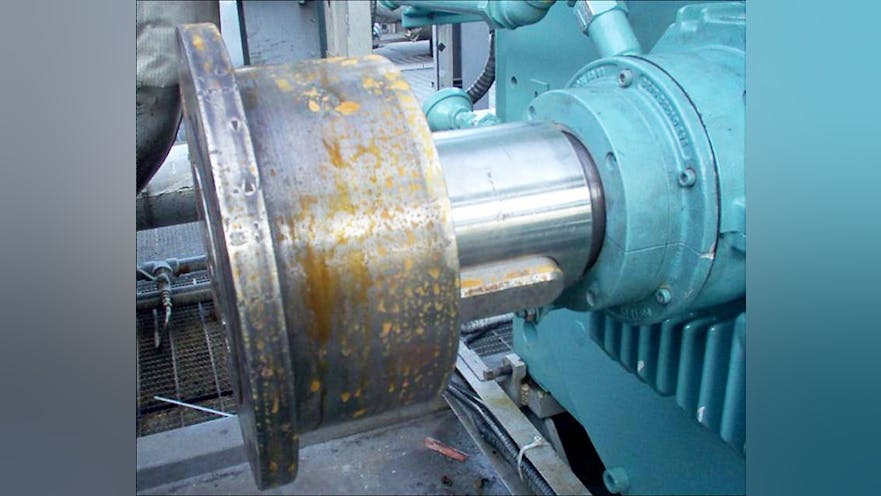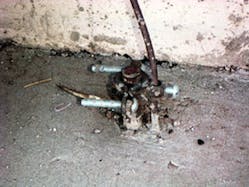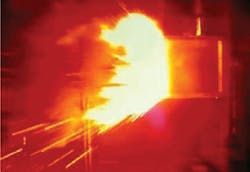When it comes to troubleshooting motors, finding the source of machine vibration can be daunting. Because the underlying problem is often so unique in nature and difficult to isolate, identifying the culprit often feels like fighting a losing battle. Not surprisingly, most troubleshooting processes rely on advanced diagnostic techniques and result in the dismantling of machinery to achieve a complete solution. However, there are certain basic checks you can perform without expensive equipment to pinpoint natural frequency, active foundation, and gross unbalance issues — all of which can cause excessive vibration and should be avoided whenever possible.
This photo gallery is based on the article “Basic Motor Vibration Troubleshooting Tips,” written by Reed Hamm and Bryan Evans, engineers for TECO Westinghouse, which originally ran in the November 2011 print issue of EC&M.






